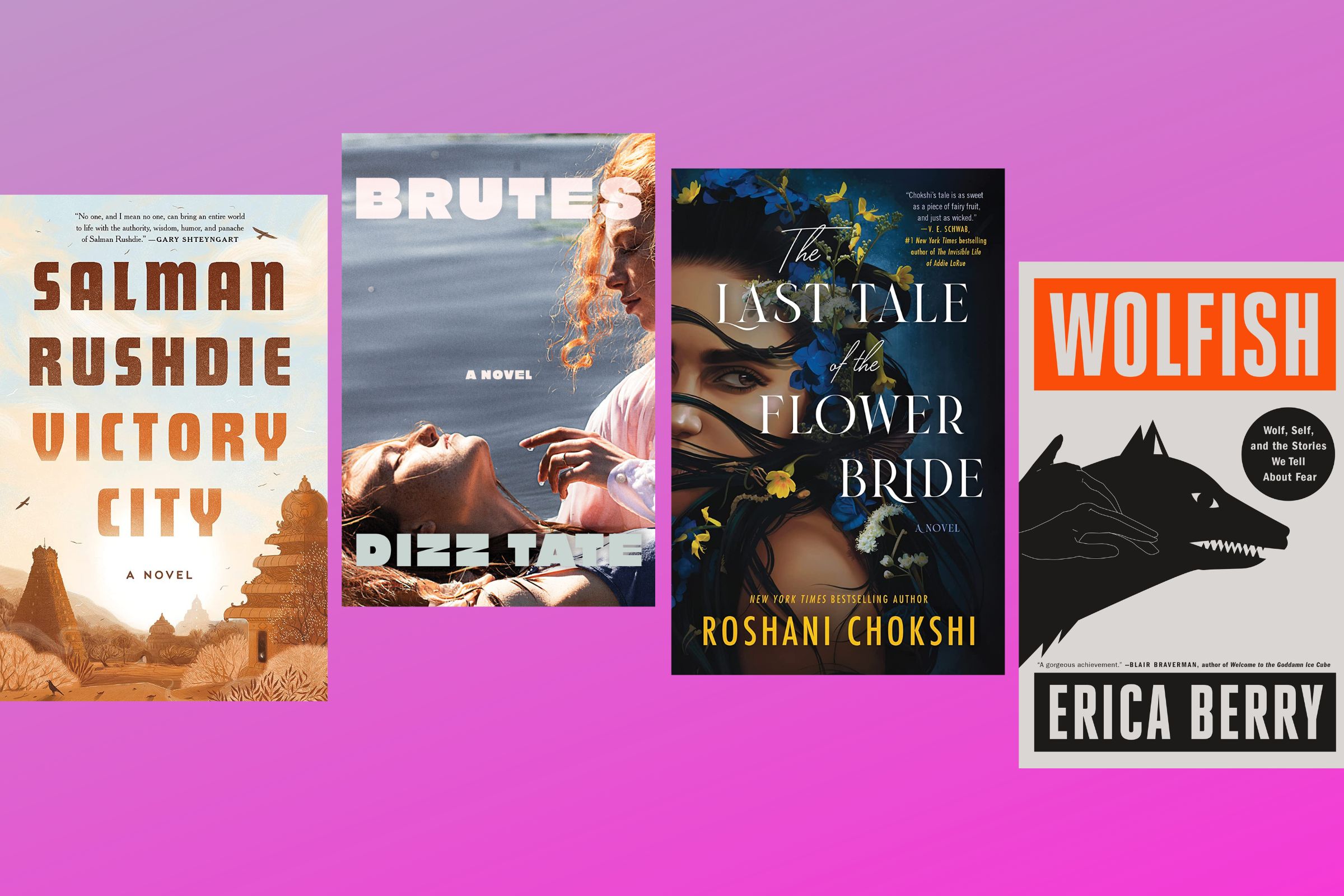
These are independent reviews of the products mentioned, but TIME receives a commission when purchases are made through affiliate links at no additional cost to the purchaser.
The most exciting new books coming in February offer a window into the fantastical and the eccentric. In The Last Tale of the Flower Bride, Roshani Chokshi delivers a dazzling fairy tale for adults. Camonghne Felix delves into her childhood dyscalculia, a math-related learning disability, to explain her heartbreaking errors in love. Two novels, Jen Beagin’s Big Swiss and Dizz Tate’s Brutes, are deliciously unconventional, centering on a sex therapist’s transcriptionist and a gang of 13-year-old girls in Florida, respectively. Here, the best new books to read this month.
Big Swiss, Jen Beagin (Feb. 7)
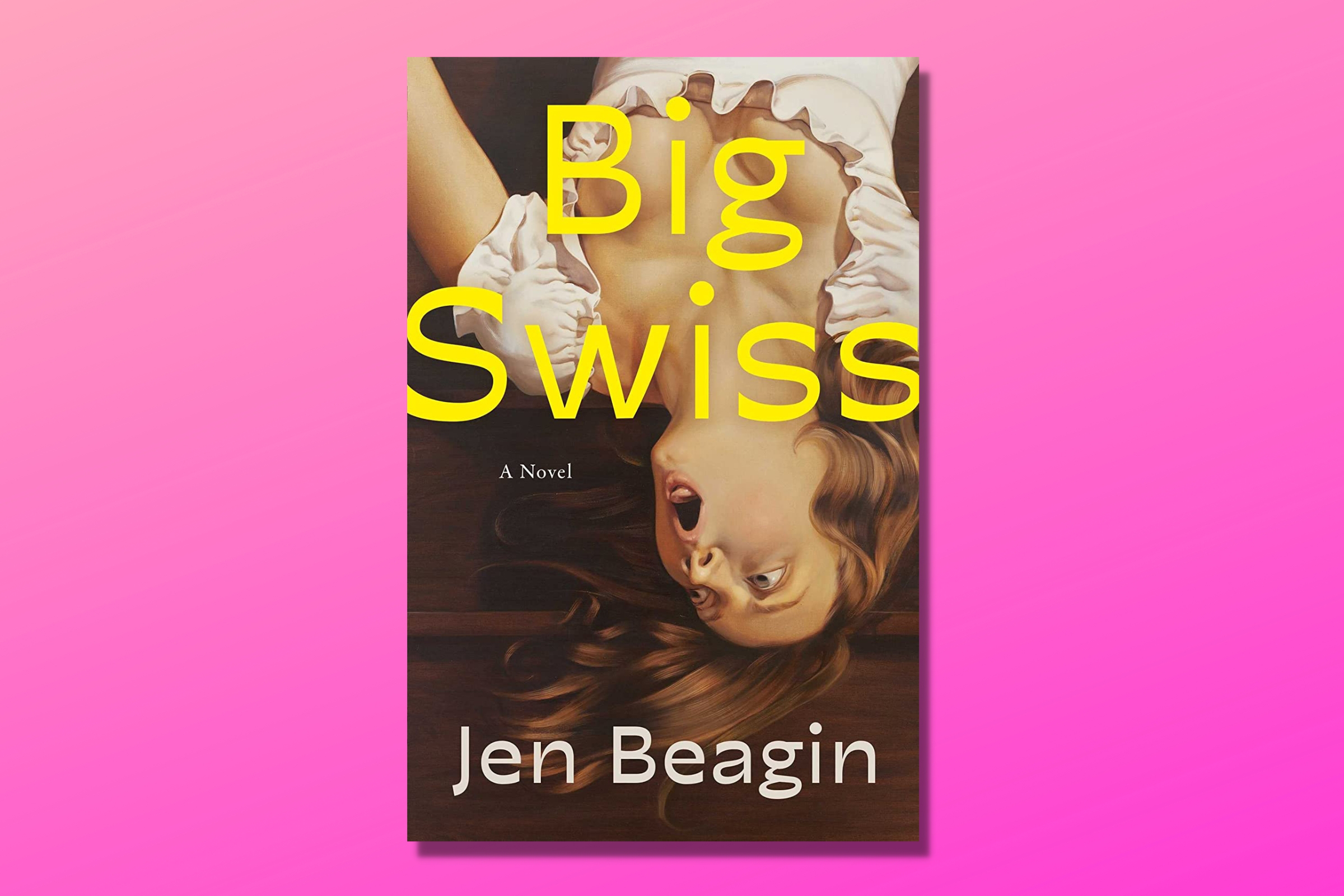
Jen Beagin has had a busy five years. In 2018, she published the funny and fearless novel Pretend I’m Dead, and then its sequel Vacuum in the Dark the next year. Now, she’s releasing Big Swiss, about a lovable oddball named Greta. Greta has just moved to upstate New York, where she works as a transcriptionist for a sex therapist named Om. Through her headphones, Greta listens to a client who she dubs “Big Swiss” (for her height and nationality) and promptly falls in love with.
Buy Now: Big Swiss on Bookshop | Amazon
Don’t Fear the Reaper, Stephen Graham Jones (Feb. 7)
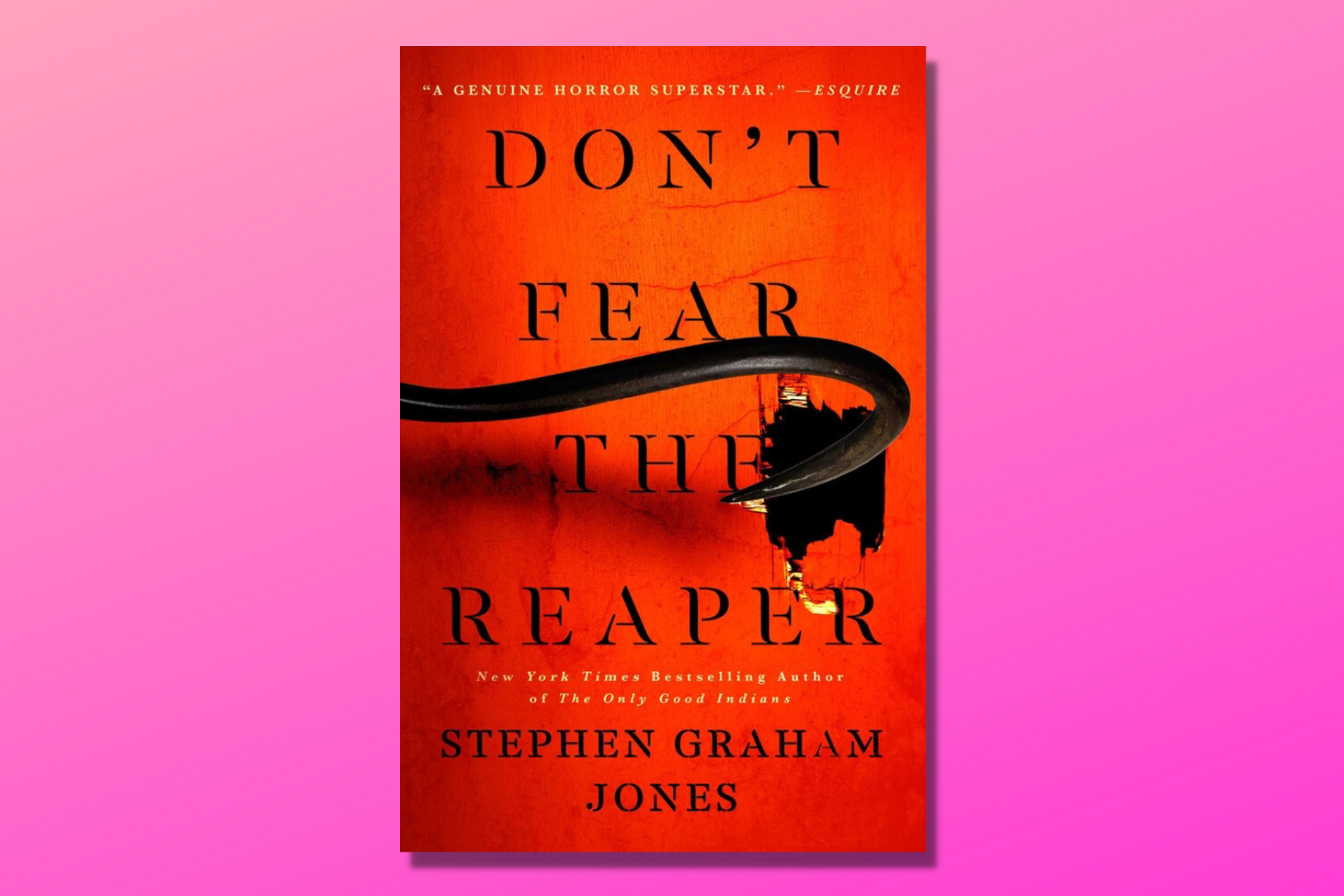
Jennifer “Jade” Daniels is back. Two years after Stephen Graham Jones published My Heart Is a Chainsaw, which introduced us to this bitter outsider, and four years after the character’s turbulent senior year, Jade returns to Proofrock, a fictional Idaho lake town. But the same day she gets back, so does someone else: the serial killer Dark Mill South escapes from his prison transfer in the middle of a blizzard and racks up 20 murders in 36 hours. Jade must once again rely on her encyclopedic knowledge of slasher films to crack the case. But when she realizes that the killer knows plenty of horror movies himself, she’s forced to make a new game plan.
Buy Now: Don’t Fear the Reaper on Bookshop | Amazon
What Napoleon Could Not Do, DK Nnuro (Feb. 7)
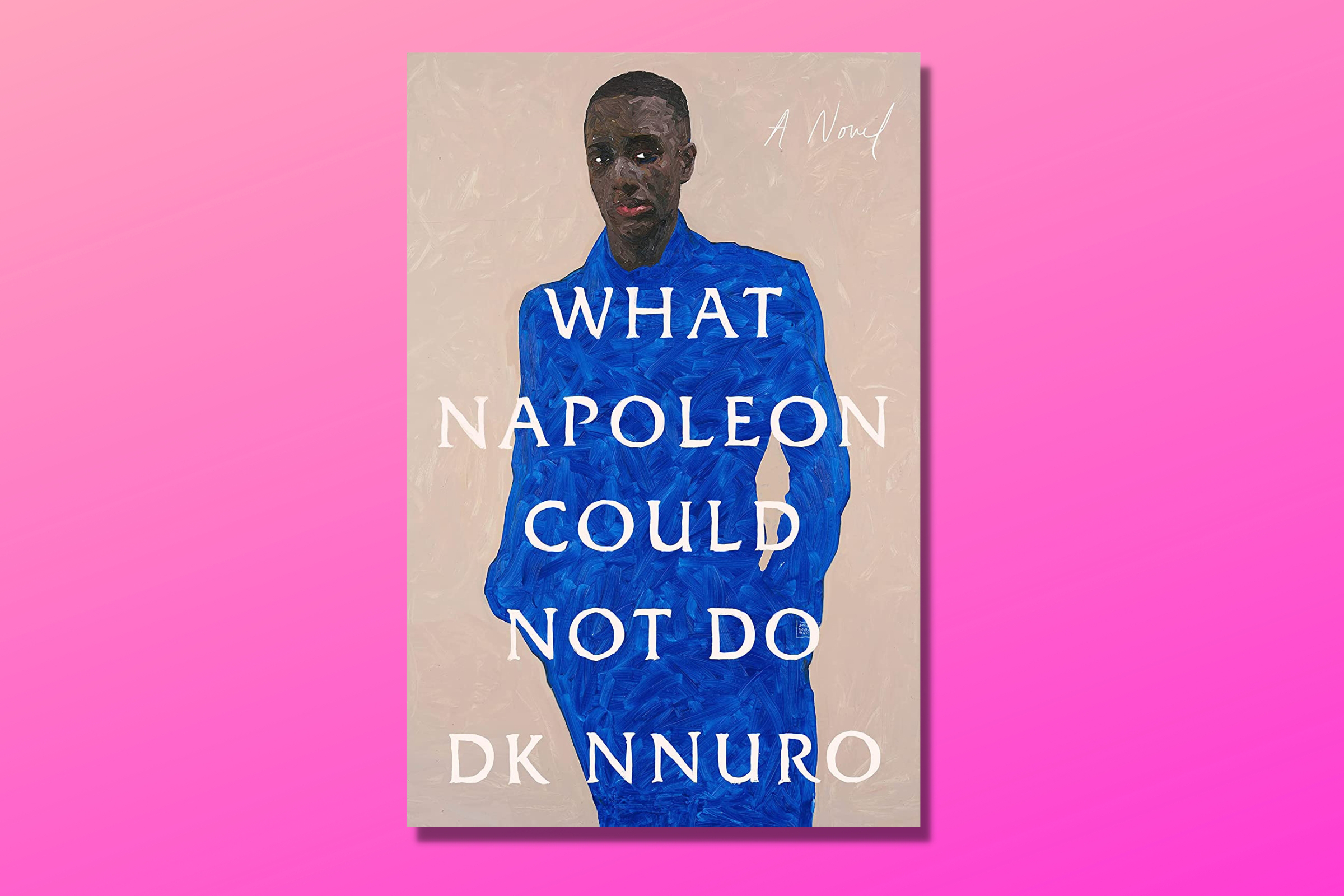
DK Nnuro’s debut novel revolves around three characters. Belinda Nti moved from Ghana to the U.S. to attend college and then law school. She has achieved, as her father puts it, “what Napoleon could not do.” Her brother, Jacob, an awkward computer programmer, stays behind in Ghana, jealous of his sister, and is repeatedly denied a visa to join his new wife in Virginia. Belinda’s husband, Wilder, a wealthy Black businessman, further complicates the picture: he’s from Texas, and views the U.S. as rife with racism and marginalization. But the Nti family puts the country on the pedestal, causing a rift in Belinda’s marriage, which may become too wide to overcome. What Napoleon Could Not Do tackles these differences, as well as family and sexuality, with eloquence.
Buy Now: What Napoleon Could Not Do on Bookshop | Amazon
Culture: The Story of Us, From Cave Art to K-Pop, Martin Puchner (Feb. 7)
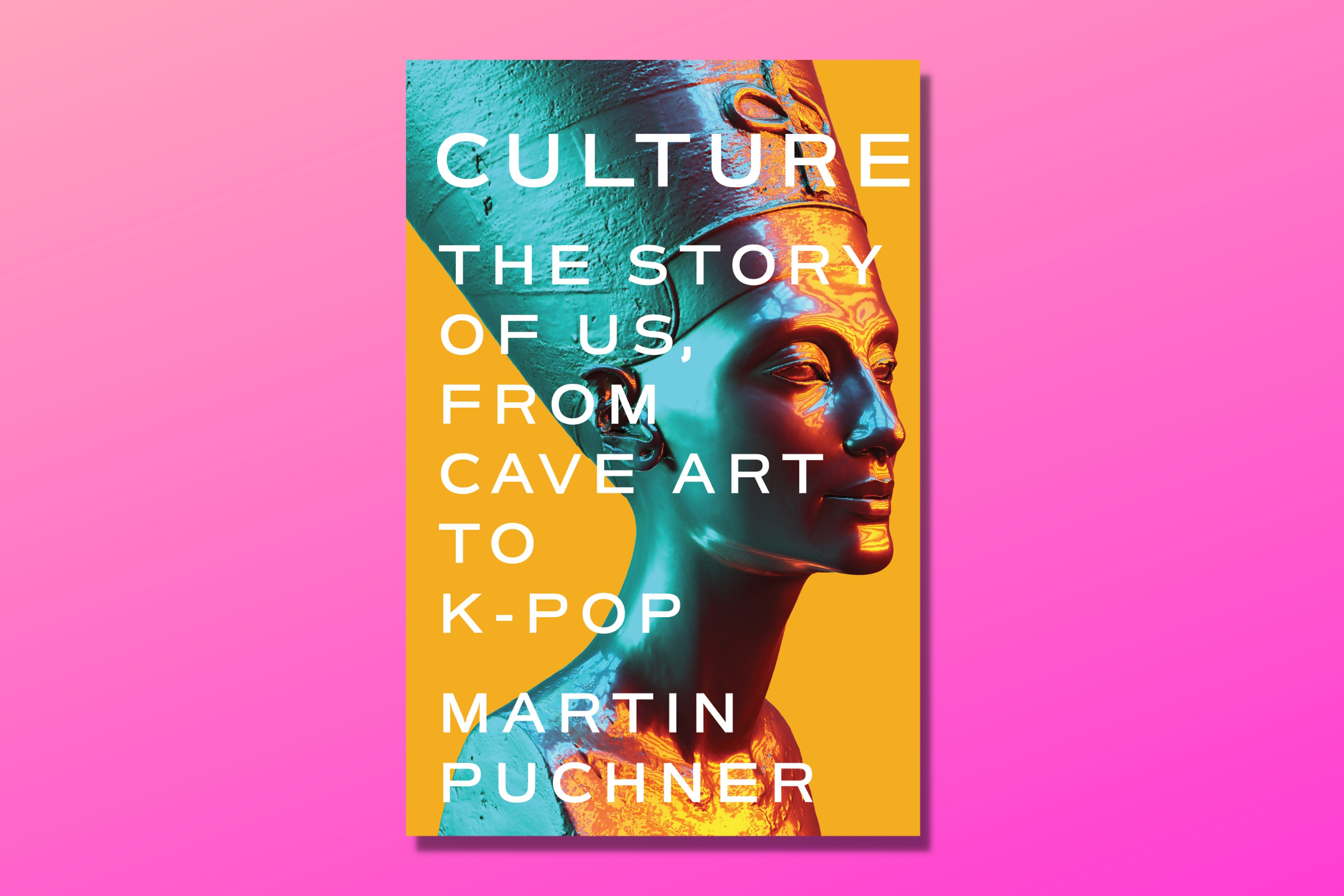
Martin Puchner, a professor of literature at Harvard University, embarks on a quest to connect the dots between various time periods and civilizations using the through line of arts and culture. From ancient Greek theaters to the sculpture of a South Asian goddess to the rise of K-pop, the author illustrates how his field, the humanities, allows for the global transmission of knowledge—and thus the growth of civilization. People across distance and time—like a Chinese pilgrim returning from India with Buddhist texts—are in constant dialogue with each other. “The arc of cultural history,” he writes, “bends toward circulation and mixture.”
Buy Now: Culture on Bookshop | Amazon
Victory City, Salman Rushdie (Feb. 7)
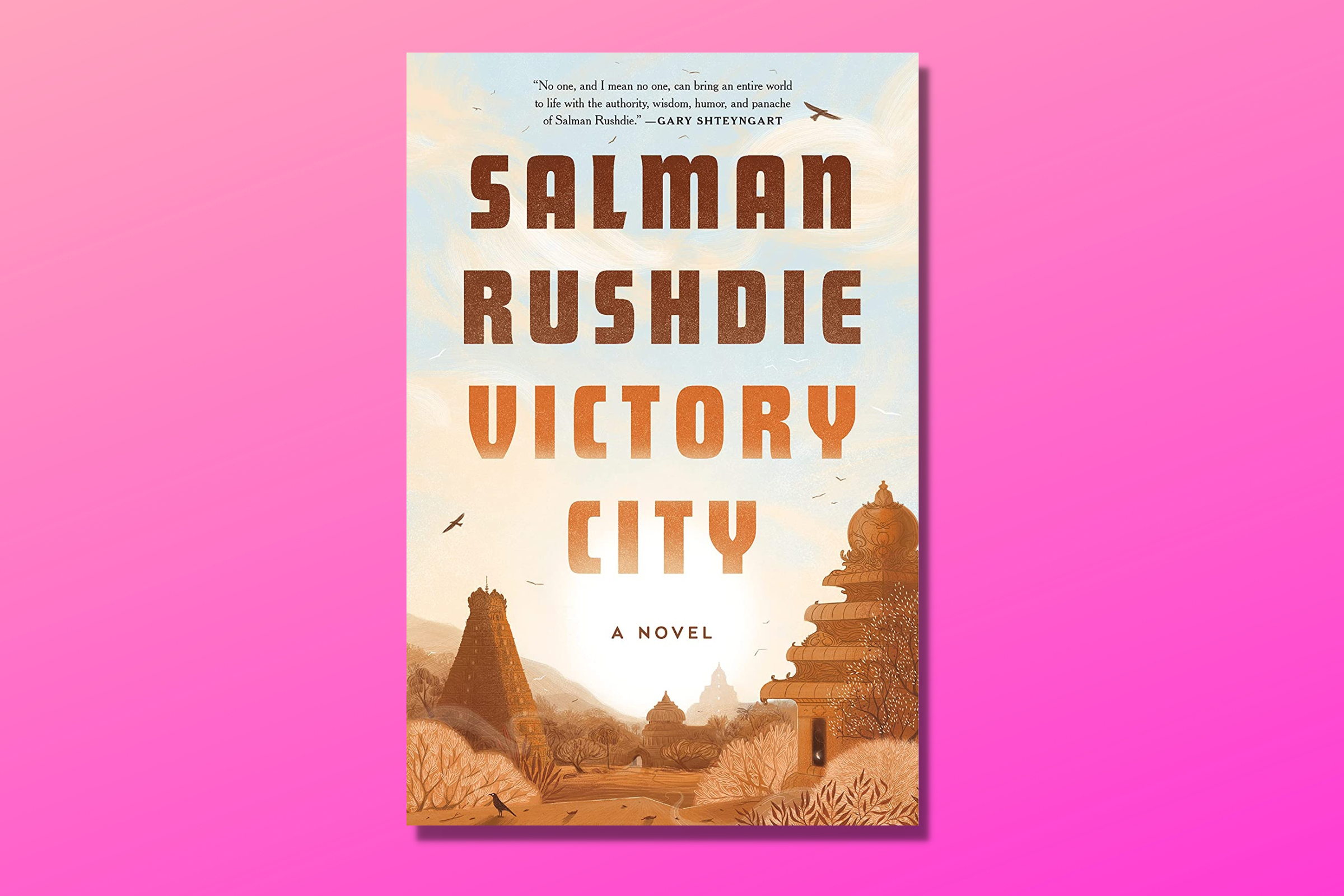
Booker Prize winner Salman Rushdie returns to the India of his birth in his 13th novel, Victory City. It’s the 14th century and nine-year-old Pampa Kampana watches as a battle razes her home and family. In the aftermath, the goddess Parvati speaks out of Pampa’s own mouth, telling her that an empire will rise in this exact spot, that Pampa will see it all and tell its story—and that here, women will hold equal power. Through the course of her 247-year life, Pampa shepherds Victory City into existence and success, guided along by Parvati. “It’s as if Rushdie has dropped a molecule of divinity into a petri dish containing the other basic stuff of life,” writes Nicholas Mancusi for TIME, “and watched a civilization cultivate.”
Buy Now: Victory City on Bookshop | Amazon
Brutes, Dizz Tate (Feb. 7)

Dizz Tate’s debut novel follows a cluster of 13-year-old girls and one queer boy in Falls Landing, Fla. Tate paints the fictional town as a place of scorched bougainvillea flowers and stasis, until something happens that rattles the group to their core: Sammy Liu-Lou, the edgy preacher’s daughter with whom the younger girls are obsessed, disappears. Through alternating perspectives, including a heavy reliance on the first-person plural as the whole group talks, the narrators scrutinize where Sammy has gone. “Women,” as Tate writes, “notice everything.”
Buy Now: Brutes on Bookshop | Amazon
The Last Tale of the Flower Bride, Roshani Chokshi (Feb. 14)
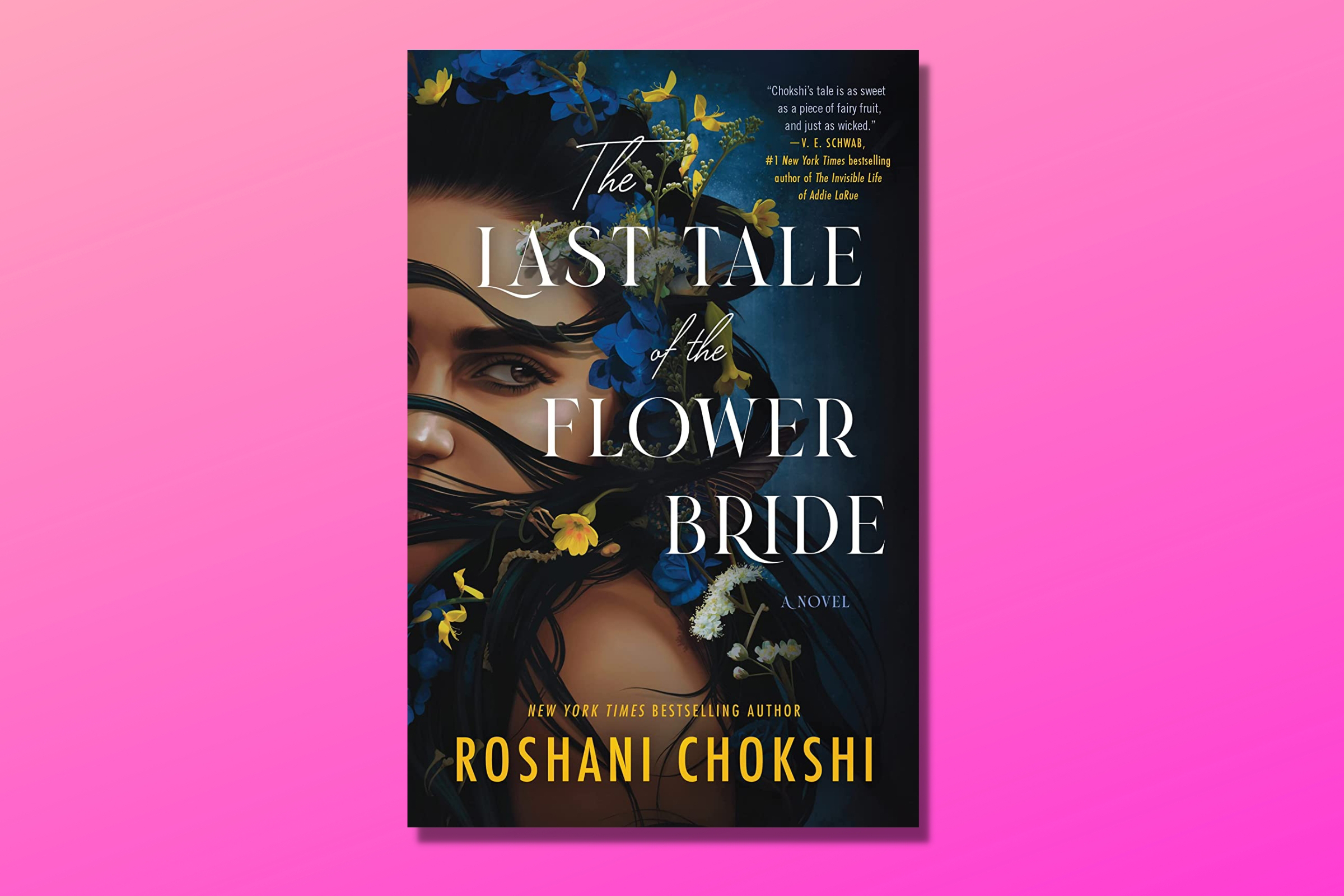
Take a fairy tale, infuse it with a gothic flair, drizzle in some dark romance, and you get The Last Tale of the Flower Bride. In Roshani Chokshi’s adult debut, an unnamed narrator marries the mysterious and wealthy heiress Indigo Maxwell-Casteñada. Their courtship is built on an agreement: they can fall into fantasies together as long as the narrator never digs into Indigo’s past. But then the couple moves back into the house where Indigo grew up to take care of her dying aunt, and secrets claw their way to the surface—including one about Indigo’s childhood best friend. Indigo’s husband is forced to reckon with his wife’s past and their increasingly fraught future.
Buy Now: The Last Tale of the Flower Bride on Bookshop | Amazon
Dyscalculia: A Love Story of Epic Miscalculation, Camonghne Felix (Feb. 14)
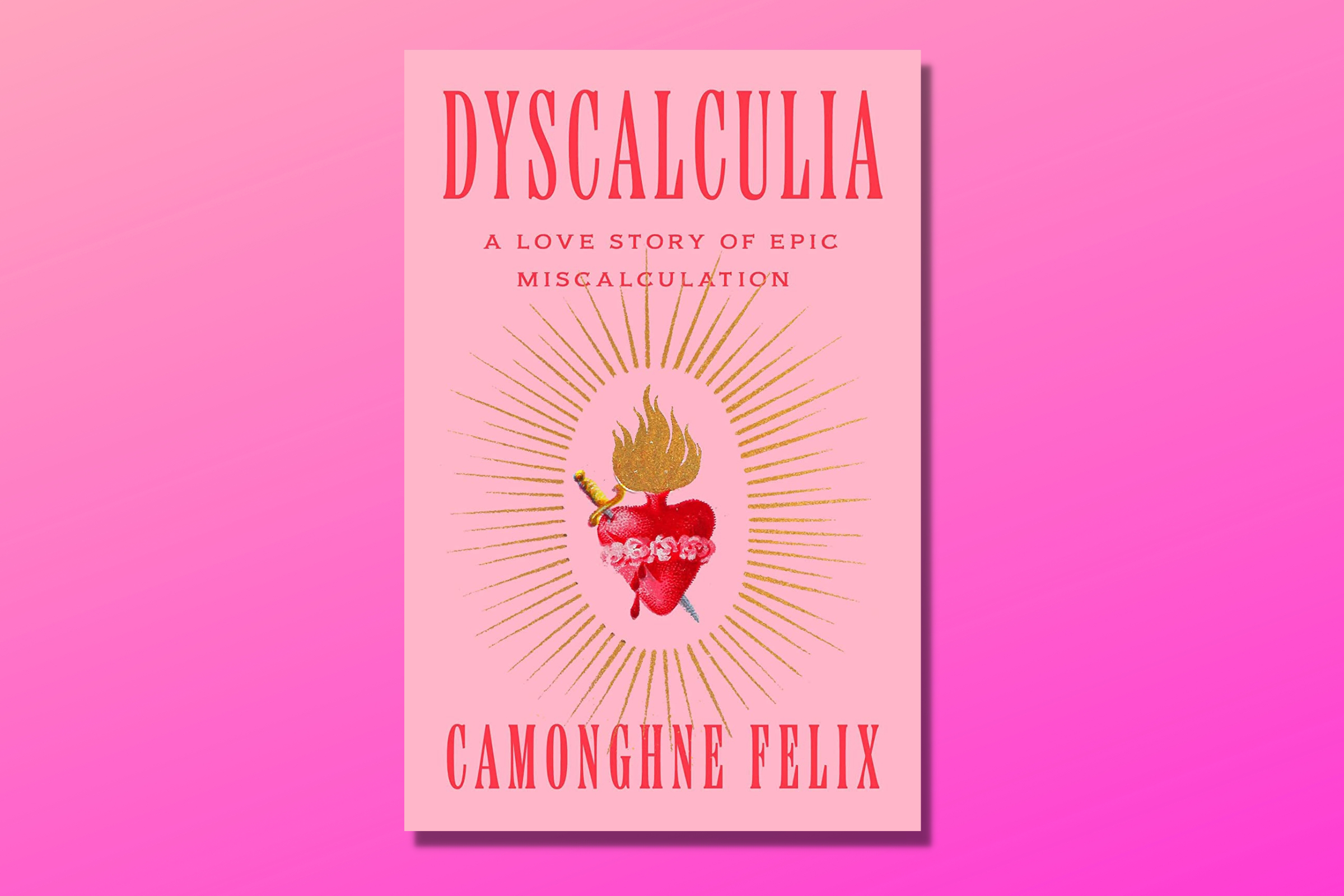
Camonghne Felix had a bad breakup. Like, a really bad breakup. A breakup so bad that she ends up in a hospital. Dyscalculia: A Love Story of Epic Miscalculation chronicles that split—and the life that led up to it—in three parts: “Fractals,” “To Square,” and “The Final Value.” We learn about the cracks in Felix’s upbringing, the hurt from the breakup itself, and a pain that spans a lifetime, all through a sharp millennial voice. “Black girls get to write about benign heartbreak too,” Felix writes. “Proud and saccharine and pathetic. When you’re healed you tell the story differently.”
Buy Now: Dyscalculia on Bookshop | Amazon
Wolfish: Wolf, Self, and the Stories We Tell About Fear, Erica Berry (Feb. 21)

In this singular exploration of “wolf, self, and the stories we tell about fear,” Erica Berry blends history, science, cultural criticism, and memoir to craft a book entirely its own. In her nonfiction debut, Berry tracks one famed wolf, OR-7, through his journey out of the Wallowa Mountains in northeastern Oregon after straying from his pack. Berry describes the psychological origins of the werewolf myth and how Indo-European teenage warriors related to wolves, while also unpacking her own relationship with the idea and reality of wolves. “I am not an academic nor a scientist,” she writes. “I am just one animal trying to see another.”
Buy Now: Wolfish on Bookshop | Amazon
A Small Sacrifice for an Enormous Happiness, Jai Chakrabarti (Feb. 21)
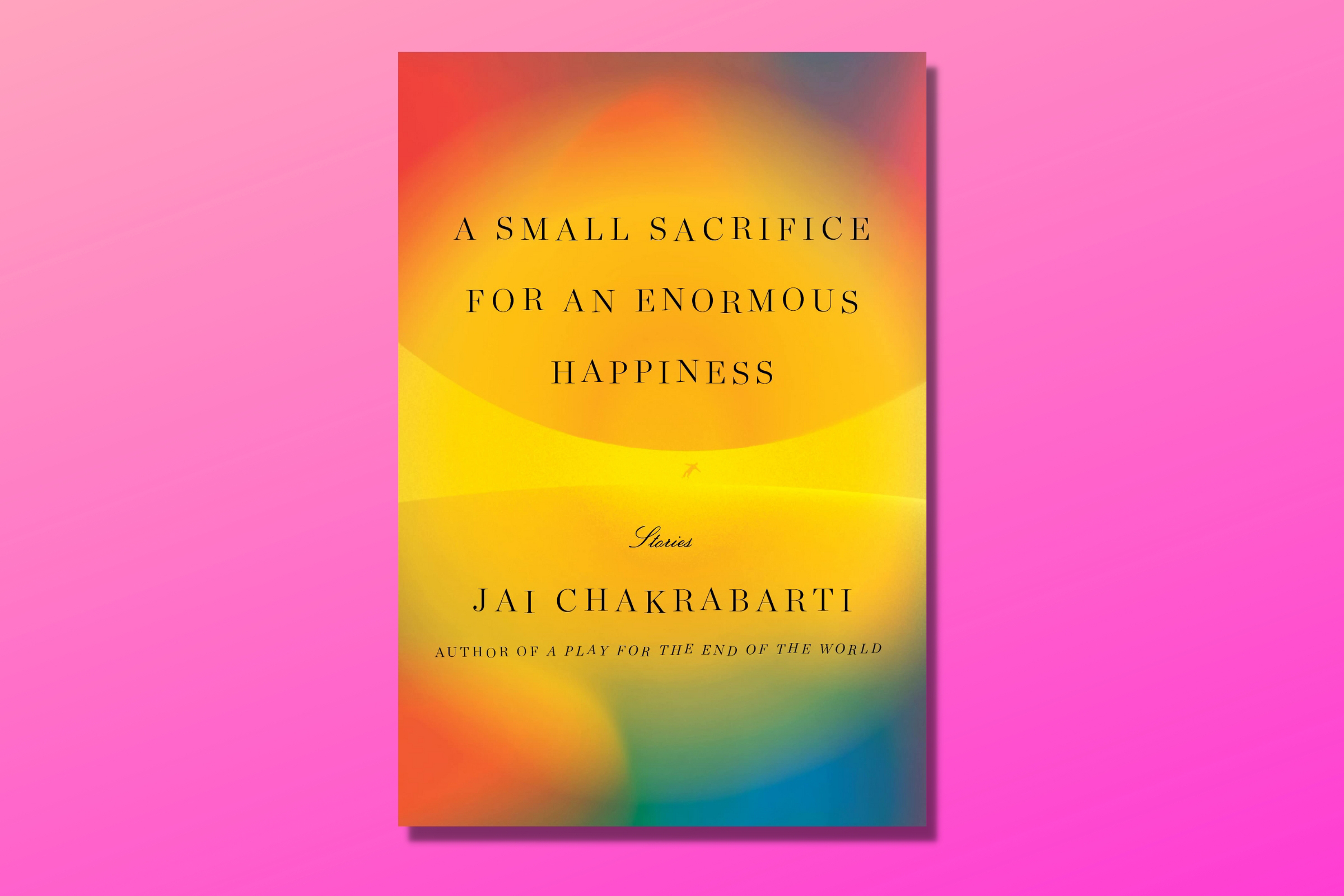
The 14 stories in Jai Chakrabarti’s A Small Sacrifice for an Enormous Happiness are set in India and America and examine what it means to cultivate family in today’s world. In the titular story, two gay men, Nikhil and Sharma, want to raise a child together. But in 1980s India that seems impossible. So Nikhil proposes fathering a son with closeted Sharma’s wife—and chaos ensues. In “Daisy Lane” and “The Fortunes of Others,” Chakrabarti addresses adoption, its exploitative side, and the economic inequality that drives it. Throughout the collection, Chakrabarti illustrates the challenges and rewards of raising children, and asks big questions about the definition of family.
Buy Now: A Small Sacrifice for an Enormous Happiness on Bookshop | Amazon
I Have Some Questions For You, Rebecca Makkai (Feb. 21)
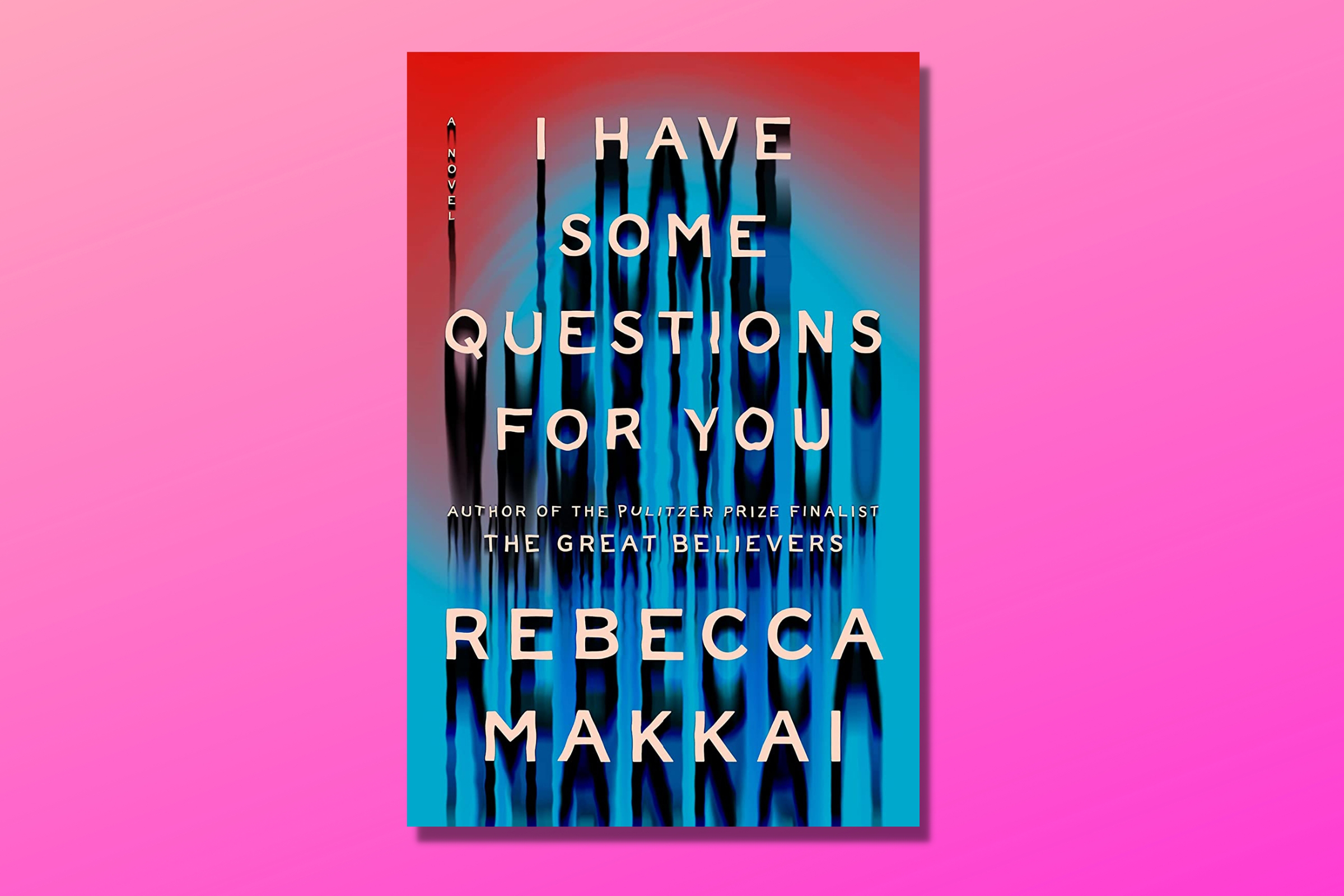
In 2018, Rebecca Makkai’s The Great Believers was a finalist for the Pulitzer Prize and the National Book Award. Now, she’s releasing her first novel since, a campus-set murder mystery. Bodie Kane, a 40-year-old from Los Angeles, has just arrived at her boarding school alma mater in New Hampshire to teach a course on podcasting. One of the topics Bodie suggests to her students is the murder of Thalia Keith, her former roommate, who died during their senior spring. Omar Evans, the school’s Black athletic director at the time, was convicted, but as Bodie reckons with her own past, she’s no longer so sure. While her students dig into the years-old crime, Bodie begins to question everything.
Buy Now: I Have Some Questions For You on Bookshop | Amazon
Microjoys: Finding Hope (Especially) When Life Is Not Okay, Cyndie Spiegel (Feb. 28)

After the most difficult year of Cyndie Spiegel’s life, when she suffered devastating and unexpected losses, the author decided to zoom in on the small things and bask in the pleasure they bring. In her new book, Microjoys: Finding Hope (Especially) When Life Is Not Okay, Spiegel gives actionable guidance on how to take in these moments of joy and find relief. For Spiegel, those include her mother’s cake recipe, her local spice shop, and a sun-soaked room in her new apartment. Each chapter ends with a prompt to invite readers to shift their thinking this way, too. “You don’t always have to be all things to everyone,” Spiegel writes, “including to yourself.”
More Must-Reads from TIME
- Cybersecurity Experts Are Sounding the Alarm on DOGE
- Meet the 2025 Women of the Year
- The Harsh Truth About Disability Inclusion
- Why Do More Young Adults Have Cancer?
- Colman Domingo Leads With Radical Love
- How to Get Better at Doing Things Alone
- Michelle Zauner Stares Down the Darkness
Contact us at letters@time.com